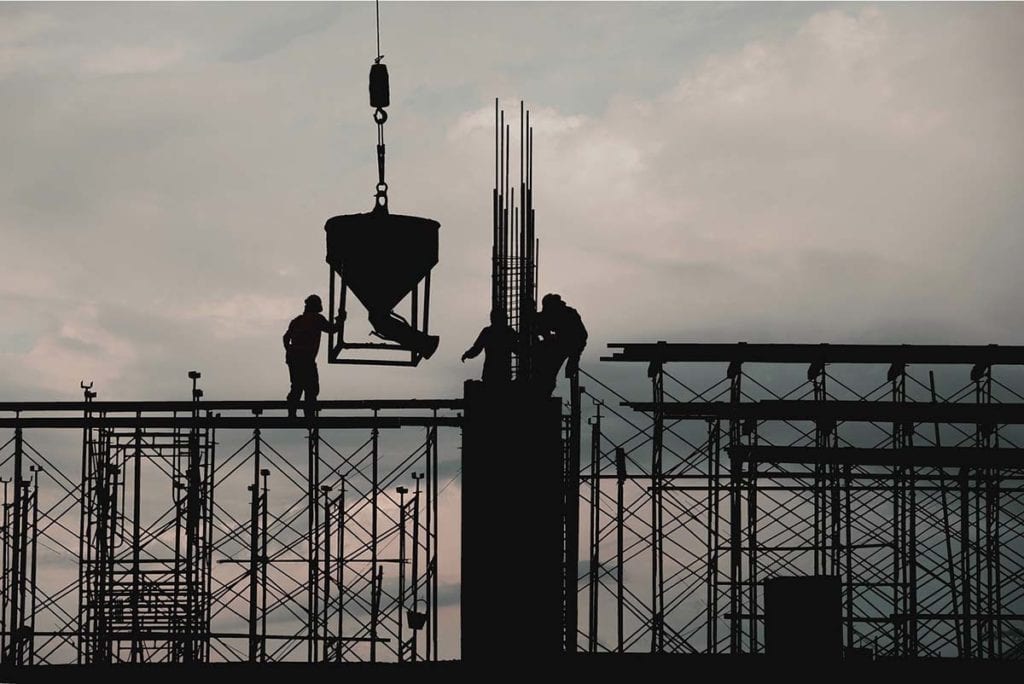The construction industry is responsible for thousands of jobs in Texas while providing lucrative opportunities for those who want to own a business in the industry. Most construction businesses in Texas are classified as contractors, but there are multiple variations under this category.
To become a contractor, you have to ponder the paths available and satisfy all the requirements for licensing. Running a large construction business comprises many moving parts, but the following are the general requirements you should think about when becoming a contractor.
- Choose the Type of Contractor
There are different Texas contractors license types in the construction industry today, each with its pros and cons. Before deciding what contractor license to pursue, you must determine the type of contractor you are interested in becoming. The three most common contractor types are general contractor, specialty contractor, and mechanical contractor.
A general contractor is involved in the construction or supervision of commercial projects, new residential homes, renovation work, and residential remodeling. A specialty contractor undertakes masonry, electrical work, paving or concrete work, or carpentry. A mechanical contractor performs specific work such as refrigeration, heating, or plumbing.
- Examine the Educational Requirements
A big part of obtaining a contractor license is acquiring the right education. It starts with getting a high school diploma or an equivalent qualification. High school classes covering geometry, algebra, and drafting are particularly helpful for a career in construction. Beyond high school credentials, some contractors will seek a bachelor’s or master’s degree to satisfy the experience requirement for obtaining a license.
The degree would usually be focused on areas such as engineering, architecture, construction management and/or project planning. You can, however, obtain a license by demonstrating industry experience. The experience here entails working with licensed residential or commercial contractors.
- Training
Beyond formal education and industry experience, licensed contractors have to undergo some form of training through a trade school, university, or college. Get in touch with the appropriate state or municipal licensing board in Texas for details on licensing, including the licensing process and exam eligibility. The boards administer the licensing of contractors, including the exams.
Passing any exams requires substantial self-study that delves into building codes, construction-related state laws, and business management education. The better you prepare for the exam, the higher the chances of passing the first time around. Once successful, secure a license bond and apply for the contractor’s license. It might take a while for your application to be reviewed, but once it’s verified, you’re good to go.
- Develop a Business Plan
Becoming a construction contractor is not just about passing exams. You must cultivate the smarts to run a business. Create a business plan. The plan should cover everything from the scope of work to financial projections. Since there are already numerous contractors in your chosen field already, it’s vital that you determine what will set you apart from all or most market players. You could also make a decision, at this point, on whether you want to focus on small residential projects or large commercial projects or if you have the skills/capacity to do both.
Explore potential sources of capital if you do not have sufficient financial resources to kick start the business. Costs here will, at the minimum, comprise licensing and exam fees, establishing the legal structure, obtaining requisite insurance, and surety bonds. You will require equipment, which can easily become the most expensive part of setting up the business, depending on the type of contractor you opt for.
- Establish and Market the Business
One of the biggest challenges of starting any business is that virtually no one knows you. And if no one knows you, then no one can buy your product or service. For this reason, develop an exhaustive marketing plan for your commercial and/or residential clients. Marketing may be run offline and online.
Make the most of free platforms such as social media, but complement these with paid advertising. Construction is physical work, so you need offline ads as well. Depending on your budget, that could be anything from brochures to billboards. To prevent your marketing costs from spiraling out of control, develop a comprehensive plan that takes into account the different advertising channels you can use and how much they’ll cost you.
Humans have been constructing different types of structures for millennia, and that’s not about to end any time soon. A career in the Texas construction industry, therefore, holds great promise.


